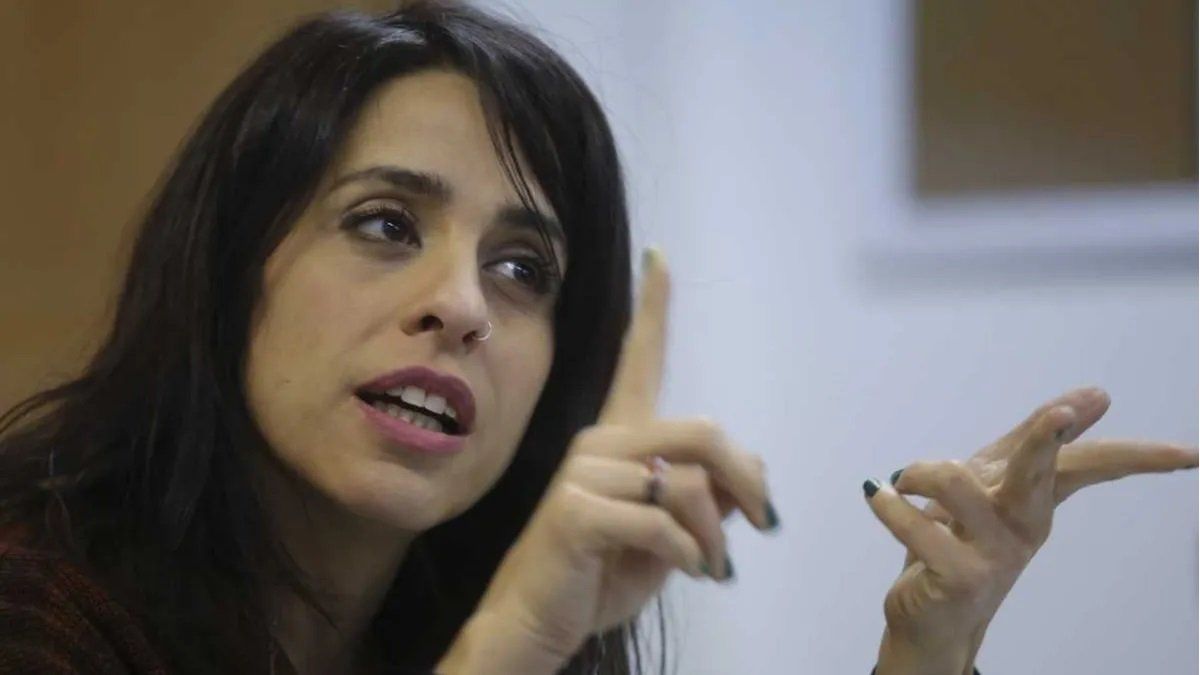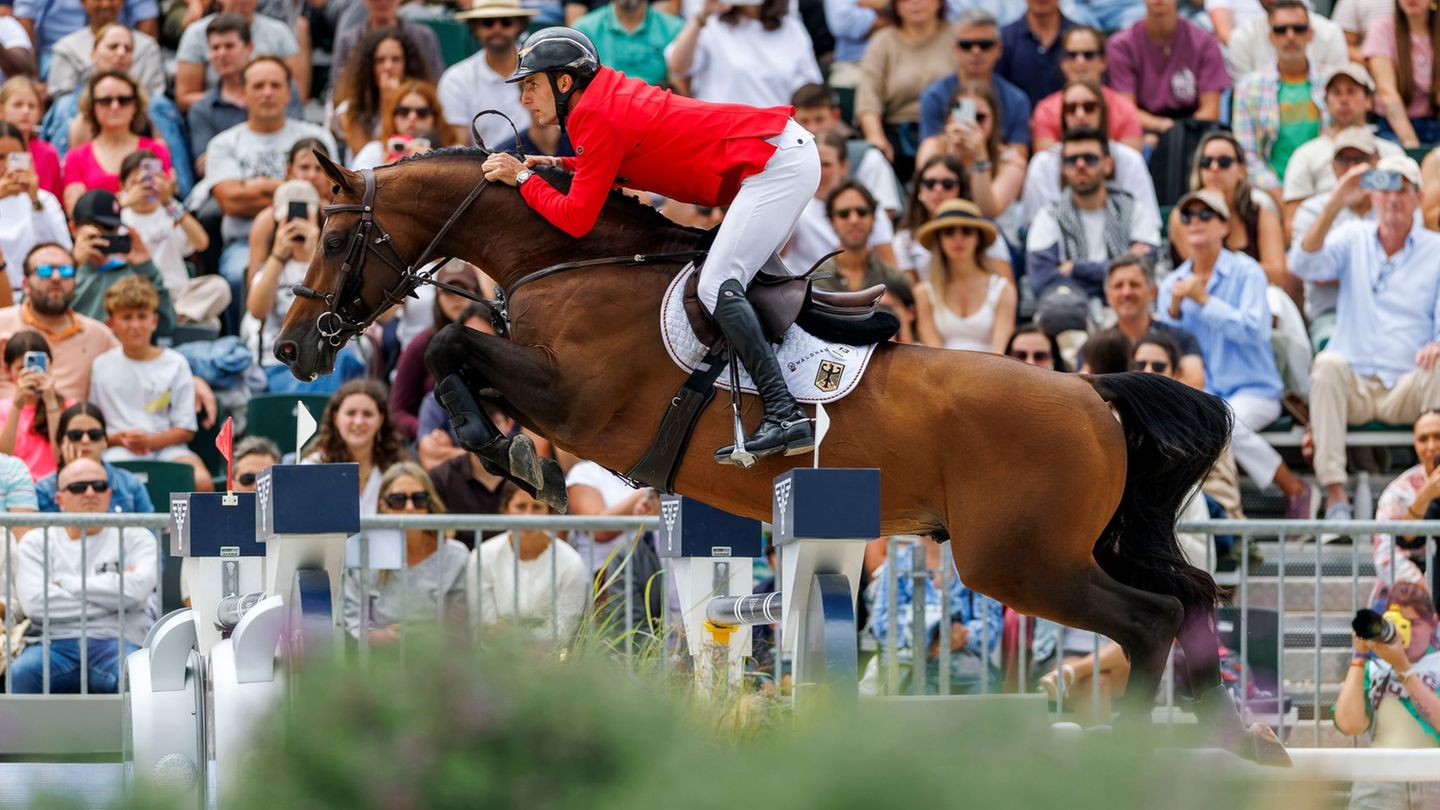Strictly speaking, the National Institute against Discrimination, Xenophobia and Racism (INADI) and the Public Defender of the Audiovisual Communication Service jointly published a booklet of “recommendations for communicators and journalists”.
“It is necessary to take some precautions so that rights are not violated in the immediacy and frenzy of work”, It was explained in the text, which proposes “offering some tools so that journalists who work reporting, on mobile phones, or commenting on the floor, can carry out their task more easily.”
The four axes of the INADI manual
Racism and xenophobia
It is advised not to use the word “black” or the construction “dark skin” or the like. Instead, he insists on the use of the denomination “Afro” or “Afro-descendant.” It is requested to extend the recommendation also when referring to “negative facts or illegal and clandestine practices”. For example, consider it wrong to say phrases like “The luck of the team looks black” or “he bought the ticket on the black market”.
Along these lines, he suggests “avoiding the use of ethnic references in a discriminatory way, of people and of the cultural diversity of their identities” and not falling into “generalizations and stigmatizations based on ethnic origins”, such as “blacks are run a lot”, or of religions, beliefs and cults that “reproduce simplistic, spectacularizing and criminalizing images” such as “Islam is a religion that endorses violent attitudes”.
violence in the game
Regarding what happens on the court, INADI considers the media not “endorse or promote situations of violence against referees, assistants and technical staff of the teams”in addition to “avoid the dissemination of images such as kicks, riots, flags or invasions.” It also manifests itself against “pronouncing positively on plays that involve malicious actions and/or injuries to the rival”, resorting to constructions such as “the rival is the enemy on the field of play”.
In this context, the agency wants that “offending songs or comments of the biases of the teams” not be promoted or reproduced, including songs that remind the other team of paternity regarding the results or the number of games won.
He makes one last request, associated with the “warmonger” language linked to comparisons that refer to a confrontation, war or a scenario of insoluble drama. “Today is to kill or die” or “a game of life or death” are two of the expressions condemned by the letter.
Discrimination
It also seeks to promote “Respectful approaches to bodily diversity and avoid ridicule and stigmatization” referring to the weight of a player or even the court style used when playing a match: “We recommend not using adjectives or comments to disqualify performance based on the age or disability of people”, such as: “He is already old for this sport”; “that referee is blind”; or “he really must have a peg leg to hit you like that.”
Gender and sexual diversity
In the last sections of the unmissable manual, INADI asks not to use stereotypes based on preconceived attributes of masculinities such as “a team of men who demonstrate their manhood.” On this, he advocates “avoiding comments and the dissemination of sexualizing and/or objectifying images about women who attend the stadium.” He disagrees, for example, with highlighting the beauty of fanatics/cos with phrases like “How beautiful the fans of Croatia!”as graphed.
Source: Ambito
David William is a talented author who has made a name for himself in the world of writing. He is a professional author who writes on a wide range of topics, from general interest to opinion news. David is currently working as a writer at 24 hours worlds where he brings his unique perspective and in-depth research to his articles, making them both informative and engaging.




